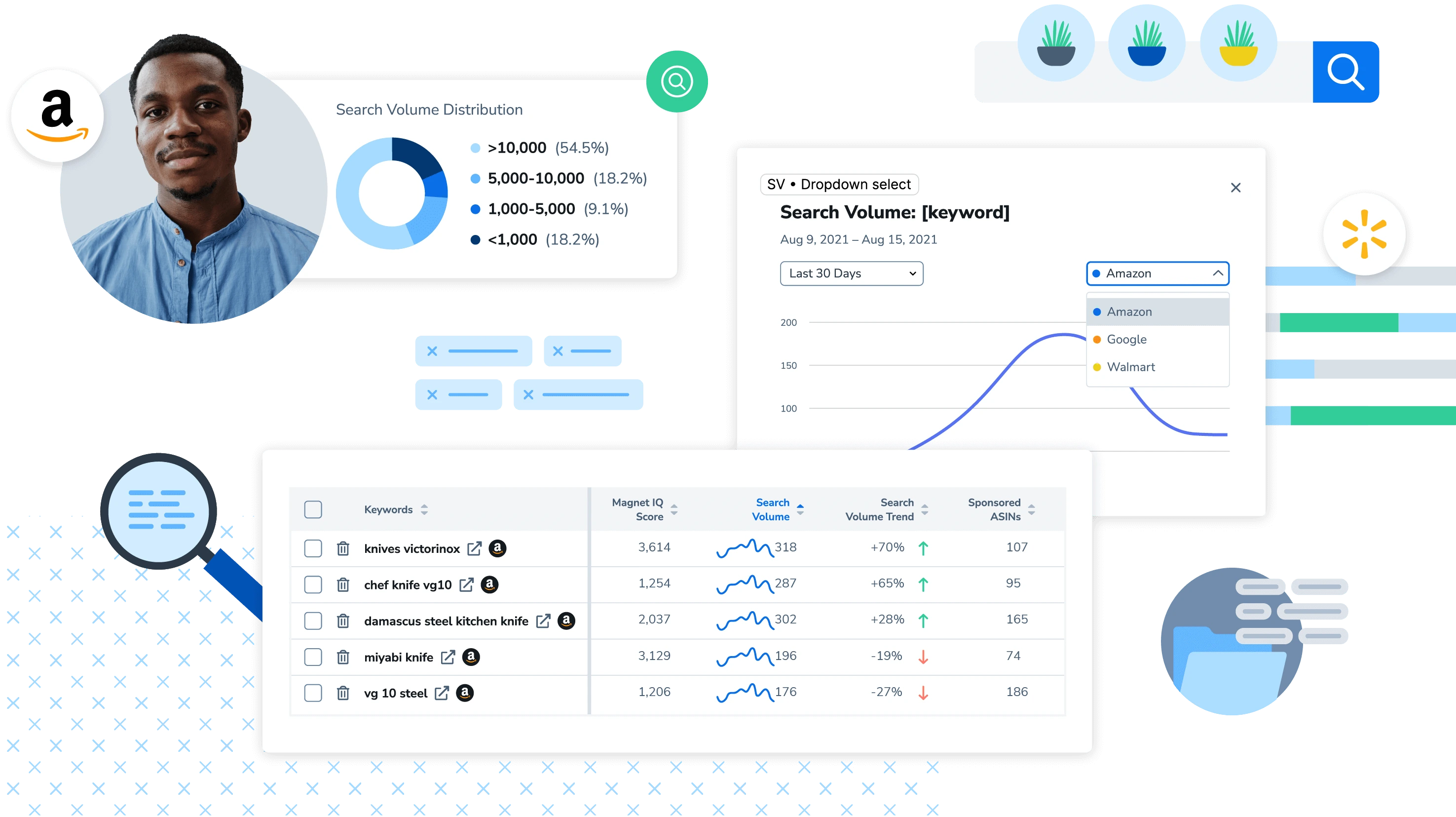Have you ever wondered why certain websites rank higher in search engine results pages (SERPs) while others struggle to gain visibility? Unlocking the power of keyword research is key to boosting your website's SEO performance and attracting targeted traffic.
Editor's Notes: "Unlock The Power Of Keyword Research: Tools, Techniques, And Best Practices For SEO" was published on [date].
To help you harness the full potential of keyword research, we've conducted extensive analysis and gathered valuable insights. This comprehensive guide will empower you to implement effective keyword strategies that drive traffic to your website and establish a strong online presence.

SEO Keyword Research - How To Find The Most Relevant Key Phrases - Source semalt.com
Our guide covers key topics such as identifying relevant keywords, utilizing keyword research tools, analyzing search intent, optimizing page content, and monitoring keyword performance. By understanding the principles and best practices of keyword research, you'll be equipped to:
- Identify the search terms potential customers are using to find products or services like yours.
- Create targeted content that aligns with the specific needs and interests of your audience.
- Improve your website's ranking in SERPs, resulting in increased visibility and traffic.
- Gain actionable insights into user behavior and market trends, enabling you to make informed decisions.
FAQ
Delve into the intricacies of keyword research, empowering your website to rank higher in search engine results pages (SERPs) through strategic and impactful content and optimization. Our comprehensive guide, Unlock The Power Of Keyword Research: Tools, Techniques, And Best Practices For SEO, illuminates the path to maximizing organic visibility and driving qualified traffic to your website.

5 SEO Tips to Increase Website Traffic to Your Ecommerce Website - Source yorkshirepayments.com
Question 1: What are the most effective keyword research tools?
Answer: A diverse array of keyword research tools is available, each tailored to specific needs and preferences. Google Keyword Planner, SEMrush, and Ahrefs rank among the industry's top choices, offering robust functionality and valuable insights. These tools empower you to discover relevant keywords, analyze search volume, and uncover competitive landscapes.
Question 2: How can I identify long-tail keywords?
Answer: Long-tail keywords, more specific and targeted than their shorter counterparts, can be identified through various techniques. Employ keyword research tools to explore related searches, analyze search engine suggestions, and study competitor content. Additionally, consider using Google Trends to gauge the popularity of specific search terms over time.
Question 3: What is the importance of keyword difficulty?
Answer: Keyword difficulty plays a crucial role in determining the level of competition for a particular keyword. By assessing keyword difficulty, you can prioritize your efforts and target keywords that align with your website's authority and resources. Tools like SEMrush and Ahrefs provide valuable insights into keyword difficulty, helping you make informed decisions.
Question 4: How do I optimize my content for keywords?
Answer: Effective keyword optimization requires a strategic approach. Incorporate keywords naturally throughout your content, including in headlines, subheadings, and body text. Ensure keyword density remains natural and avoid keyword stuffing, which can negatively impact your search engine rankings. Additionally, utilize synonyms and related keywords to enhance the relevance and reach of your content.
Question 5: How often should I conduct keyword research?
Answer: Keyword research is an ongoing process that should be revisited periodically to stay abreast of evolving search trends and competitive landscapes. Conduct thorough keyword research at the outset of your SEO strategy and revisit it every 3-6 months to ensure your content remains relevant and optimized for the most impactful keywords.
Question 6: Can I use the same keywords for multiple pages?
Answer: While using the same keywords for multiple pages may seem efficient, it can negatively impact your website's search engine rankings. Each page should be optimized for a unique set of keywords that align with its specific topic and target audience. Avoid keyword cannibalization, which occurs when multiple pages on your website compete for the same keywords, by conducting thorough keyword research and optimizing each page accordingly.
Understanding the nuances of keyword research empowers you to develop a robust SEO strategy that drives organic traffic and elevates your website's visibility in search engine results. Embrace the insights and best practices outlined in our comprehensive guide to Unlock The Power Of Keyword Research: Tools, Techniques, And Best Practices For SEO and witness the transformative impact on your website's performance.
Embark on a journey of keyword research mastery, optimizing your content for success and establishing your website as a beacon of relevance and authority in the vast digital landscape.
Tips
Keyword research is an essential element of search engine optimization (SEO). By understanding the keywords that potential customers are searching for, businesses can optimize their website and content to rank higher in search results, driving more traffic and leads to their website.
Tip 1: Use Keyword Research Tools
There are a variety of keyword research tools available, both free and paid. These tools can help you identify relevant keywords, analyze their search volume and competition, and track their performance over time.
Tip 2: Analyze Your Competition
One of the best ways to identify relevant keywords is to analyze your competition. Look at the keywords they are ranking for and the content they are publishing. This will help you identify opportunities to differentiate your website and content.
Tip 3: Use Long-Tail Keywords
Long-tail keywords are specific, multi-word phrases that are often less competitive than shorter, more general keywords. By targeting long-tail keywords, you can increase your chances of ranking higher in search results for specific queries.
Tip 4: Use Keywords in Your Content
Once you have identified relevant keywords, it is important to use them throughout your website and content. Include keywords in your page titles, headings, and body text. However, avoid keyword stuffing, which can penalize your website in search results.
Tip 5: Track Your Keyword Performance
Once you have implemented your keyword strategy, it is important to track your performance and make adjustments as needed. Use Google Analytics or other web analytics tools to monitor your website's traffic and ranking for relevant keywords. This will help you identify which keywords are driving traffic and conversions, and which ones need improvement.
By following these tips, you can improve your keyword research strategy and achieve better results from your SEO efforts.
Unlock The Power Of Keyword Research: Tools, Techniques, And Best Practices For SEO
Keyword research is the backbone of any successful SEO campaign. It helps you understand what your target audience is searching for, so you can create content that is relevant and engaging. There are a number of different tools and techniques that you can use to conduct keyword research, and it's important to choose the ones that are right for your specific needs. In this article, we'll discuss six key aspects of keyword research that you need to know in order to unlock the power of SEO.

Top 9 Best Keyword Research Tools | iStats.com - Source www.istats.com
- Identify Relevant Keywords: The first step in keyword research is to identify the keywords that are relevant to your business. These keywords should be specific to your products or services, and they should be the ones that your target audience is most likely to search for.
- Analyze Search Volume: Once you have a list of relevant keywords, you need to analyze their search volume. This will help you determine how much traffic you can expect to get from each keyword, and it will also help you prioritize your keyword targeting.
- Consider Keyword Difficulty: In addition to search volume, you also need to consider keyword difficulty. This metric measures how difficult it is to rank for a particular keyword. The higher the keyword difficulty, the more competition there is for that keyword, and the harder it will be to rank for it.
- Use Long-Tail Keywords: Long-tail keywords are keywords that are more specific and less competitive than short-tail keywords. They are often more effective for targeting specific niches, and they can also be easier to rank for.
- Monitor Keyword Performance: Once you have chosen your keywords, it's important to monitor their performance. This will help you track your progress and make adjustments as needed. You can use Google Analytics to track keyword rankings, traffic, and conversions.
- Stay Updated With Keyword Trends: The world of SEO is constantly changing, and so are the keywords that people are searching for. It's important to stay updated with keyword trends so that you can adjust your keyword targeting accordingly.
Keyword research is an essential part of SEO, and it's important to understand the key aspects of this process in order to achieve success. By following the tips in this article, you can identify relevant keywords, analyze search volume, consider keyword difficulty, use long-tail keywords, monitor keyword performance, and stay updated with keyword trends. This will help you unlock the power of SEO and drive more traffic to your website.

Keyword Search Builder - Source ar.inspiredpencil.com
Unlock The Power Of Keyword Research: Tools, Techniques, And Best Practices For SEO
Keyword research is a fundamental aspect of search engine optimization (SEO). It involves identifying the specific keywords and phrases that users are searching for online and incorporating them into website content, metadata, and other elements. By doing so, businesses can improve their visibility in search engine results pages (SERPs), drive organic traffic to their websites, and ultimately increase their online presence and revenue.

Search Engine Optimization (SEO) Techniques - Digi Tech Web Servises - Source www.digitechwebservises.com
There are a number of different keyword research tools available, both free and paid. Some of the most popular include Google Keyword Planner, Ahrefs, SEMrush, and Moz Keyword Explorer. These tools allow users to enter a seed keyword or phrase and generate a list of related keywords, along with their search volume, competition, and other metrics.
Once a list of keywords has been generated, it is important to prioritize them based on their relevance to the website's content and goals. Keywords that are highly relevant to the website's content and have a high search volume are typically the most valuable. However, it is also important to consider the level of competition for each keyword. Keywords with high competition may be more difficult to rank for in SERPs, so it may be more beneficial to focus on keywords with lower competition.
In addition to using keyword research tools, there are a number of other techniques that can be used to identify relevant keywords. These techniques include:
- Brainstorming: Brainstorming is a great way to come up with a list of potential keywords. Start by thinking about the main topics and themes of your website. What are the key products or services that you offer? What are the unique selling points of your business? Once you have a list of potential keywords, you can use a keyword research tool to refine your list and identify the most relevant keywords.
- Competitor research: Analyzing the keywords that your competitors are ranking for can give you valuable insights into the keywords that are most relevant to your business. To conduct competitor research, you can use a tool like SEMrush or Ahrefs to enter the URL of a competitor's website and see a list of the keywords that they are ranking for.
- Customer research: One of the best ways to identify relevant keywords is to talk to your customers and ask them what they are searching for online. You can conduct customer research through surveys, interviews, or focus groups.
Keyword research is an ongoing process. As your website grows and changes, so too will the keywords that you need to target. It is important to regularly review your keyword research and make adjustments as needed.